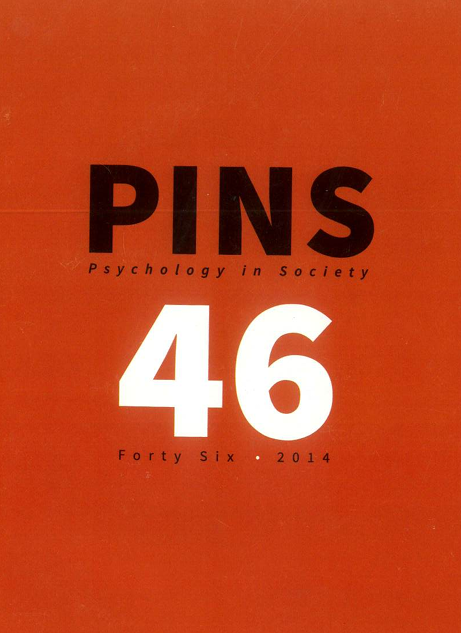Antagonism, social critique and the “violent reverie”
DOI:
https://doi.org/10.17159/2309-8708/2014/n46a6Keywords:
antagonism, anti-white populism, Manganyi, racialization, violent reverie, white privilegeAbstract
This paper opens up a series of windows on racialised life in past and present South Africa as a way arguing for the value of antagonism as a mode of critical enquiry. Sampling a cross-section of recent writing on South African race politics, the paper calls attention both to strident critiques of white privilege, and to concerns over allegedly anti-white populism. Chabani Manganyi’s notion of the violent reverie is used to argue that such oppositional critique affords a crucial expressive modality, which perhaps unexpectedly, lessens the subjective (self-directed) violence of the historically oppressed and decreases rather than increases the possibility of objective violence between oppressor and oppressed. The paper also draws on a series of philosophical, psychoanalytic and political motifs – the ideas of “no hope”, the Lacanian concept of the imaginary, and Mngxitama’s notion of the failure of interracial dialogue - as a means of drawing attention to the readiness with which we often succumb to comforting social myths.
Downloads
Downloads
Published
How to Cite
Issue
Section
License
This journal is an open access journal, and the authors' and journal should be properly acknowledged, when works are cited.
Authors may use the publishers version for teaching purposes, in books, theses, dissertations, conferences and conference papers.
A copy of the authors’ publishers version may also be hosted on the following websites:
- Non-commercial personal homepage or blog.
- Institutional webpage.
- Authors Institutional Repository.
The following notice should accompany such a posting on the website: “This is an electronic version of an article published in PINS, Volume XXX, number XXX, pages XXX–XXX”, DOI. Authors should also supply a hyperlink to the original paper or indicate where the original paper (http://www.journals.ac.za/index.php/pins) may be found.
Authors publishers version, affiliated with the Stellenbosch University will be automatically deposited in the University’s’ Institutional Repository SUNScholar.
Articles as a whole, may not be re-published with another journal.
The copyright of the article(s) lies with the author(s).
The copyright of the journal lies with PINS-psychology in Society.
The following license applies:
Attribution CC BY-NC-ND 4.0 - https://creativecommons.org/licenses/by-nc-nd/4.0/

